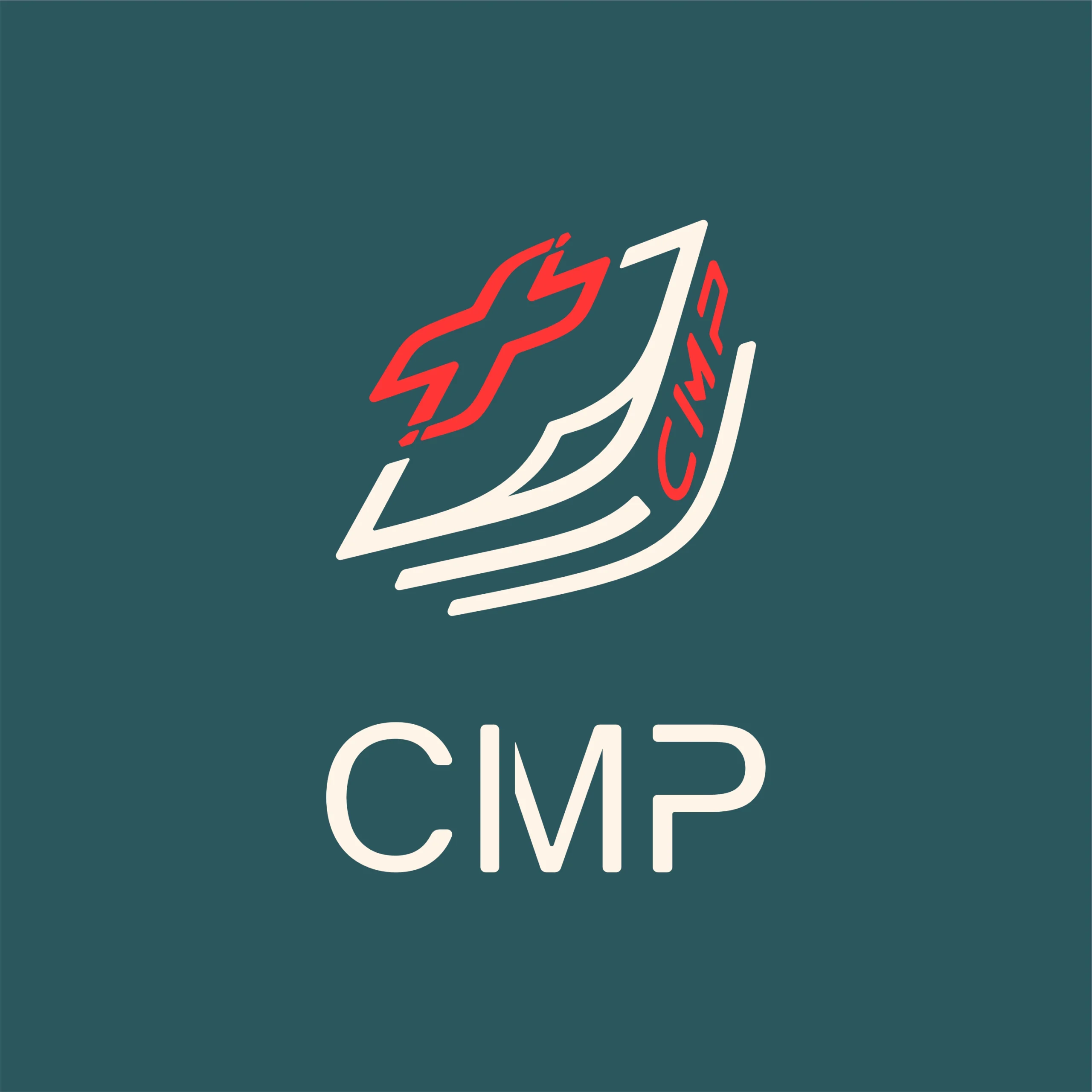
Being listed as an author on a scientific paper is crucial for receiving recognition for one’s work and advancing one’s career in the academic world. However, disagreements over authorship have led to conflicts in various scientific communities. To ensure ethical practices in medical research and publishing, it is essential to follow the guidelines of related international organizations and local research ethics boards.
Ethical issues related to biomedical authorship have been the subject of debate for many years, with problems arising from integrity issues like ghost authorship and guest authorship. Although certain scientific disciplines lack clear guidelines for authorship criteria, in the biomedical field the International Committee of Medical Journal Editors (ICMJE) released a recommendation in 1979 describing what would be the best practice for authorship criteria. Although the recommendation has been revised several times since then, the latest version recommends that for being an author of a medical article, one should fulfill 4 criteria simultaneously.
Two prevalent authorship misconducts are ghost authorship and guest authorship. A ghost author is someone who meets the criteria for authorship but is not credited on the article’s byline. This differs from a ghostwriter, who only helps draft the article. For instance, a medical writer may be hired for their expertise in academic English writing to develop a manuscript’s presentation. As long as this is transparent, it is not necessarily unethical. In cases of ghost authorship, a student or junior researcher may have contributed to all stages of the research process, including data gathering, literature searches, and manuscript drafting, but is not given the opportunity to be named as an author. This violates both ICMJE criteria and academic honesty standards, undermining the research team’s motivation.
“ICMJE recommends that for being an author of a medical article, one should fulfill 4 criteria simultaneously. A ghost author is someone who meets the criteria for authorship but is not credited on the article’s byline. Guest authors are those who do not meet authorship criteria but are listed as authors.”
Guest authors, on the other hand, are senior figures who do not meet authorship criteria but are listed as authors due to power dynamics, gratitude, or to enhance the publication’s status and credibility. This behavior is also unethical because these guest authors cannot be held accountable for the work but receive credit for it. Both ghost authorship and guest authorship are significant problems in many academic communities, and wrongdoers may manipulate ICMJE recommendations to justify their actions.
This article focuses on the criteria recommended by the ICMJE and discusses common scenarios that may lead to authorship disputes and misconduct. Additionally, the paper examines authorship issues that arise in multicenter studies and considers scenarios in which changes to authorship lists may be justified.
Book a Free Consultation
Related Articles
WAME Recommendation on Chatbots, Generative AI, and Scholarly Manuscripts
The World Association of Medical Editors (WAME) released its new recommendation on “Chatbots, Generative AI, and Scholarly Manuscripts” on 31st May 2023. It has modified the previous “Recommendations on Chatbots and Generative Artificial Intelligence in Relation to...
Ethical Considerations for Using AI during Peer Review
Artificial intelligence (AI) is going to change the future of medical publishing. Likewise, peer review as an important component of medical publishing is going to be changed. Day by day peer reviewers may find that by using AI technologies their reviews can be more...
Latest modification in the authorship criteria released by the ICMJE
The International Committee of Medical Journal Editors (ICMJE) has released the latest version of the “ Recommendations for the Conduct, Reporting, Editing, and Publication of Scholarly Work in Medical Journals” in May 2023. An important change has been made in the...
